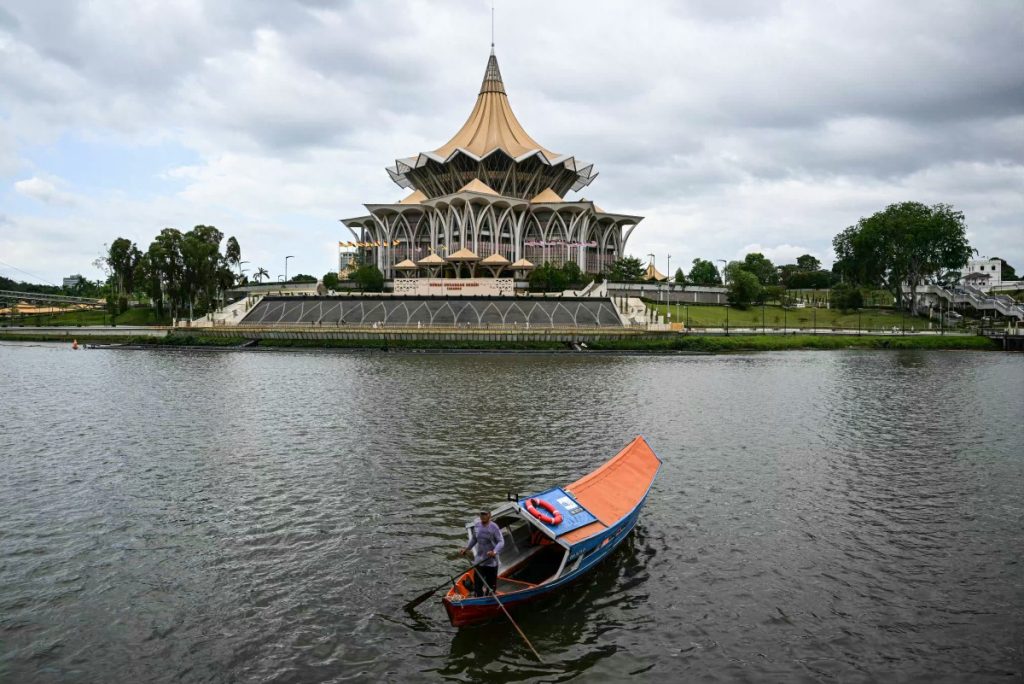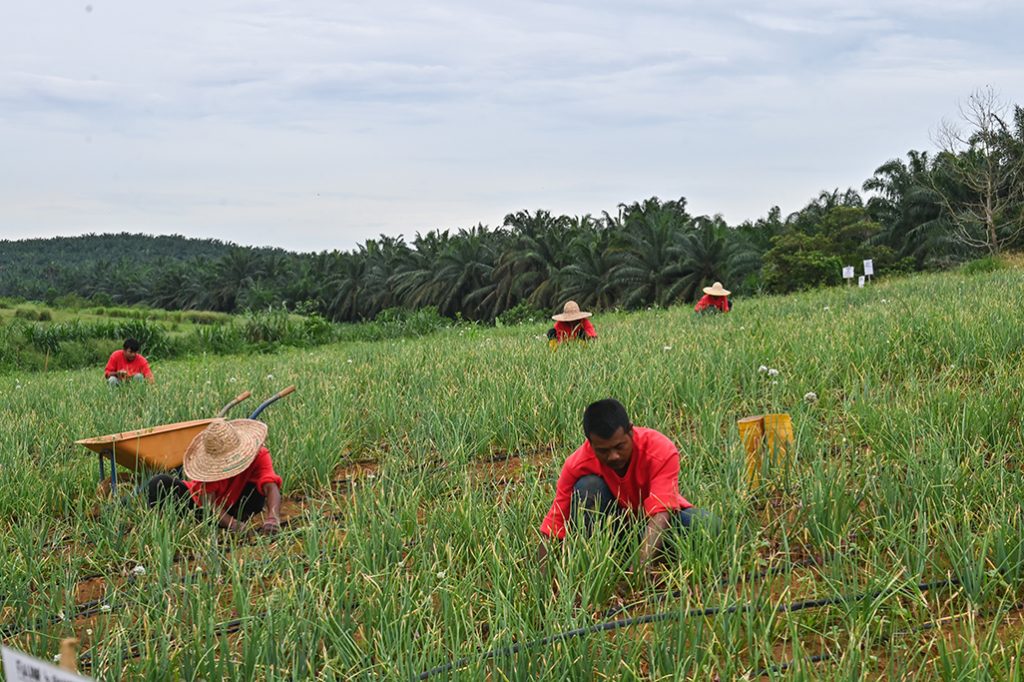Auto Added by WPeMatico

GEORGE TOWN — The Penang state government has allocated RM50.93 million to 281,135 recipients under Phase 1 of the i-Sejahtera Programme 2026, with payments to be made via electronic funds transfer (EFT) starting Feb 7.
Chief Minister Chow Kon Yeow said the allocation covers 211,471 recipients under the Senior Citizens Appreciation Programme, 42,674 under the Suri Emas Programme, 16,694 under the Persons with Disabilities (PWD) Assistance Programme and 10,296 under the Single Mothers Assistance Programme.
“The assistance includes RM200 per person for the Senior Citizens Appreciation Programme, PWD Assistance Programme (RM200), Anak Emas Programme (RM200 as a one-off), as well as RM100 each for the Single Mothers Assistance Programme and Suri Emas Programme,” he told a media conference at his office in Komtar here today.
He said applications submitted after Jan 10 this year will be processed for second-phase payments, and registration can be made through the i-Sejahtera website, with applicants encouraged to update their bank account details to ensure smooth disbursement.
Chow said last year, the state government spent RM56.76 million, benefiting 290,629 recipients under various programmes within the i-Sejahtera initiative.
He said the initiative is not merely financial assistance, but also a form of recognition for the contribution and important role of these groups in the state’s social and economic development.
The i-Sejahtera Programme reflects the state government’s appreciation and concern through annual financial assistance to Penang residents, including senior citizens, persons with disabilities, single mothers, housewives and infants. — BERNAMA
The post Penang allocates RM50.93m for i-Sejahtera Phase 1 payments appeared first on The Malaysian Reserve.









